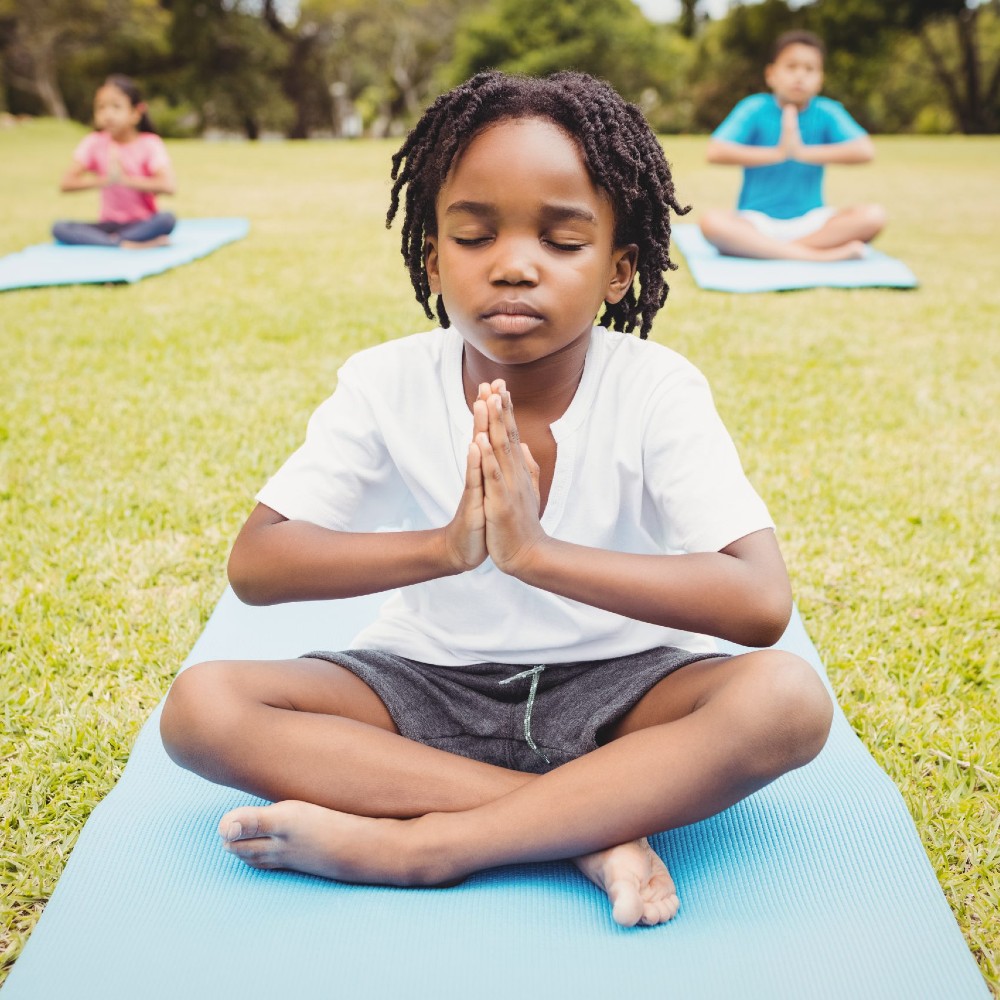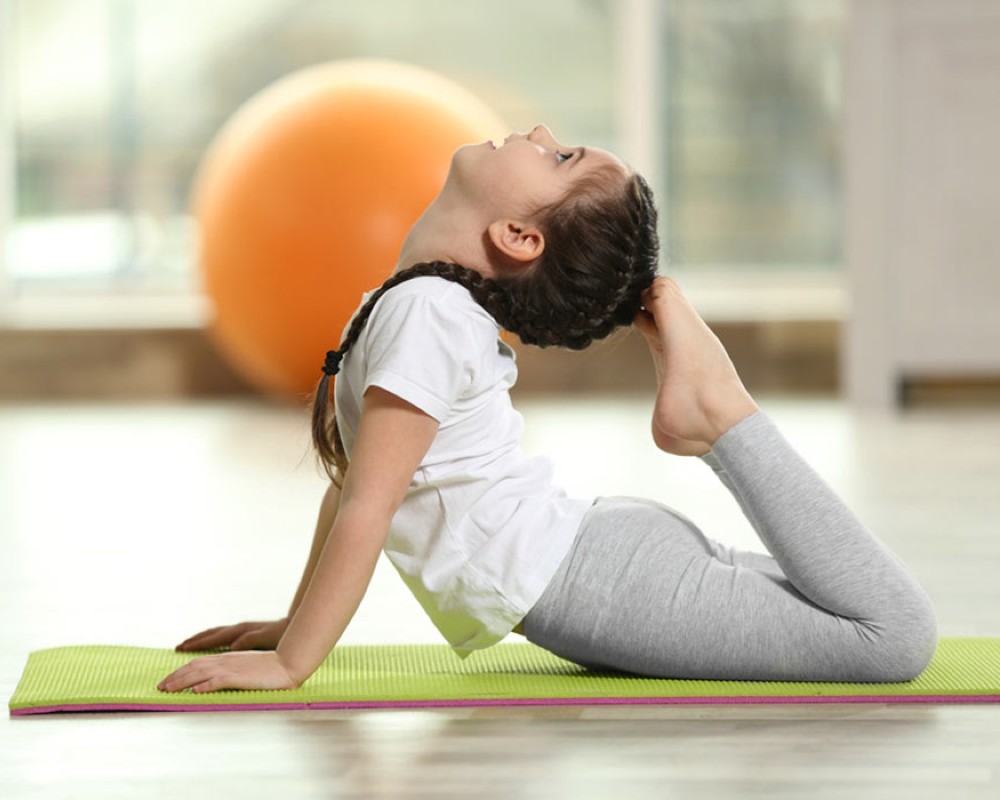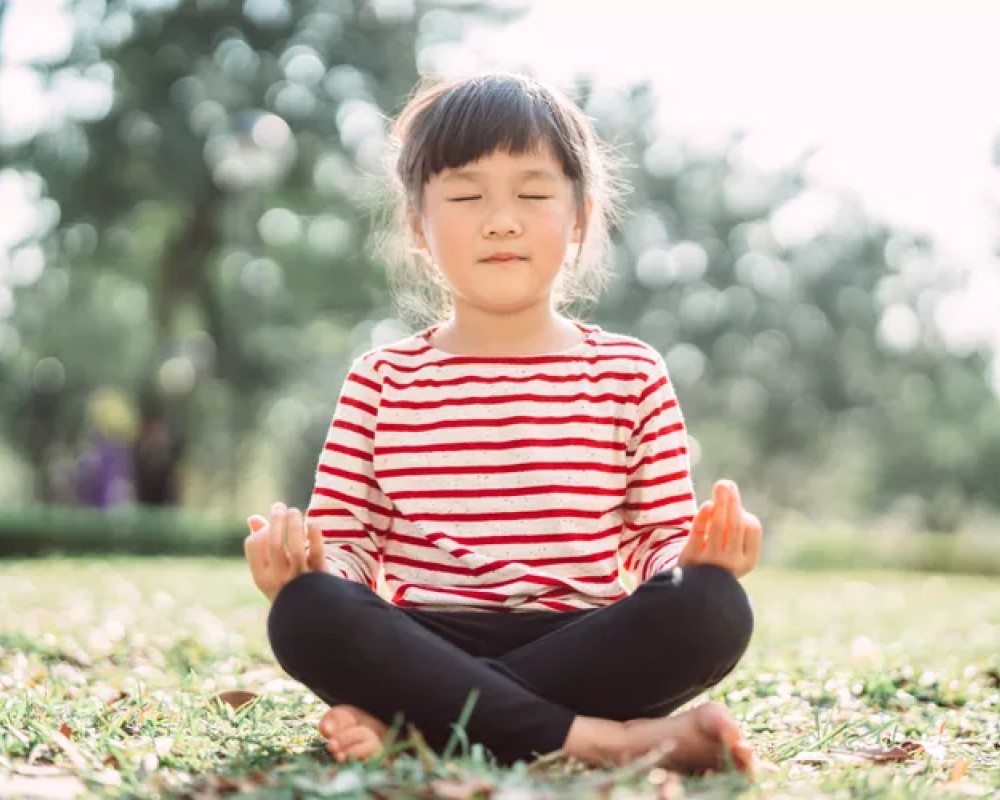
It cannot be overstated how versatile and classy sports jackets are. This addition to your outfit can pull your entire look together – and, of course, keep you warm. With different materials and styles, a sports jacket is the right choice for any occasion!
Fabric Options
Don’t think a sports jacket can only be worn when it’s cold outside. As long as you choose the right fabric, you can wear this stylish piece any day of the year.
- Wool – Most wool is suitable for the fall and winter, as it tends to be quite warm. However, there are more lightweight wools which are good for the spring and summer.
- Tweed – Tweed jackets are perfect for colder weather. We don’t recommend wearing this fabric in hotter months, though.
- Linen – Linen jackets are perfect for the summer and spring. They have a more casual look, making them perfect for laid-back events.
- Cotton – While there are heavier kinds of cotton out there, most cotton jackets are best for warmer weather.
- Velvet – Velvet jackets are perfect for the holiday season, as they’re quite warm and rather formal. We recommend these for fancier events.
Styling Tips for Every Occasion
Make sure that you’re pairing your sports coat with the proper pants and shirt, for a perfect look.

- Casual – If you want to look more casual, pair your sports jacket with jeans and a T-shirt.
- Business Attire – For a look that’s perfect for work, wear dress pants and a polo or button-down shirt (depending on how formal your office is) along with your sports jacket.
- Semi-Formal – If your event has a semi-formal dress code, or if you’re just not sure what the desired attire is, wear a sports jacket over a dress shirt, and paired with formal pants. You can also wear a tie – just in case everyone is dressed on the fancier side – which you can always take off if you see no one else has one.
The Benefits of Yoga for Children

Yoga, a centuries-old mind-body practice, is not just for adults. It also offers a wide range of benefits for children. According to experts, yoga helps prepare children to face the challenges of daily life by introducing important life skills and values. Yoga instills values like truthfulness, gratitude, and self-discipline in children. Here are a few benefits of yoga, especially for children.
Building Self-Esteem and Confidence
One of the key advantages of yoga for kids is its ability to build self-esteem and self-respect. Shana Meyerson, the founder of Mini Yogis, emphasizes that yoga provides a unique opportunity for children to experience play and focus without fear of being wrong. It promotes a sense of self-worth and confidence. Additionally, yoga teaches children important life skills such as patience, perseverance, and goal-setting. By putting in effort and mastering new techniques and poses, kids gain a sense of accomplishment and self-esteem.
Enhancing Physical Strength, Flexibility, and Coordination

Yoga also offers physical benefits by promoting strength, coordination, and motor skills development in children. The American Academy of Pediatrics states that yoga challenges various muscle groups and helps children become more aware of their bodies and how they function. A study on 6-8 years old kids, who practiced yoga regularly for 12 weeks, showed significant improvements in strength, flexibility, and balance.
Positive Impact on Athletic Performances
For children engaged in sports, yoga can be a valuable complement to their training. Athletes in various disciplines can benefit from specific yoga poses that target and strengthen relevant muscle groups. Runners, for example, can improve their hips, legs, and Achilles tendon strength and flexibility through yoga. It also improves mental clarity, concentration, and balance.
Strengthening the Mind-Body Connection

Yoga nurtures the mind-body connection, helping children develop compassion, mindfulness, resilience, and most importantly, inner peace. In today’s fast-paced world, children often face immense pressure, and yoga can serve as a release valve, alleviating stress and providing a foundation for a resilient mind, body, and spirit. Studies have shown that yoga programs in schools can lead to reduced cortisol levels, improved behavior, and long-term physical, mental, and health benefits among pre-teen and teenage students.
Enhancing Focus, Concentration, and Academic Performance
Yoga helps children develop focus and concentration by encouraging them to clear their minds and be fully present. This ability to concentrate has been linked to improved memory and academic performance. Studies have shown that practicing yoga reduces stress and anxiety, leading to better problem-solving skills and overall school performance. Yoga enhances executive functions, including creativity, flexibility, self-control, and discipline.